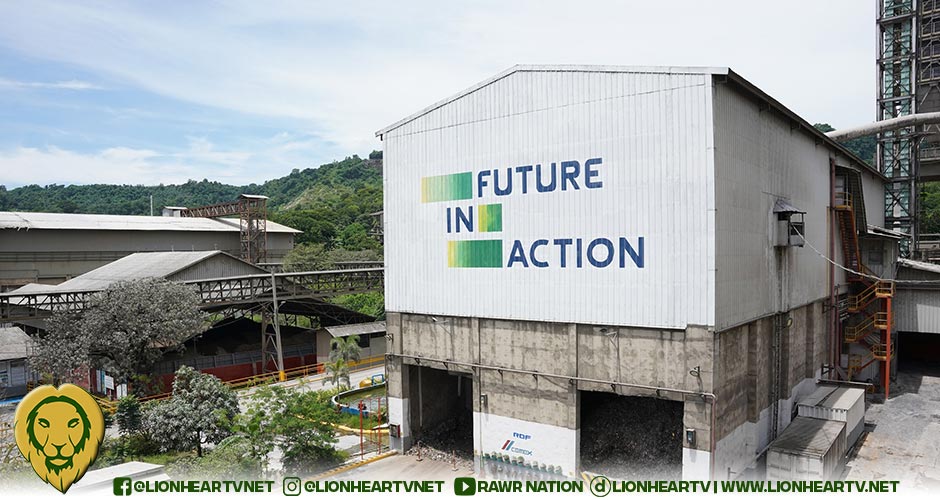In 2023, Cemex Philippines’ Solid cement and Apo cement plants repurposed close to 0.7 million tons of waste, which is almost three-month’s worth of waste that is generated by the whole of Metro Manila. It also substituted almost 30% of the fossil fuels used in its cement kilns with alternative fuels through co- processing, avoiding CO2 emissions equivalent to 17,135 gasoline-powered passenger vehicles driven for one year. By 2030, Cemex Philippines aims to increase by more than 50% the amount of waste and by-products it manages.

“Cemex Philippines is proud to be a leader in circular economy. We believe that in transforming waste into value, we can create a positive impact on the environment, the society, and the economy. We are committed to continue innovating and collaborating with our stakeholders to address the country’s waste problems” said Luis Franco, President and CEO of Cemex Holdings Philippines.
A circular economy aims to eliminate waste and the continual use of resources. Cemex maximizes the use of non-recyclable waste and by-products with a particular focus on three waste streams: municipal and industrial waste, construction, demolition & excavation waste (CDE), and industry by-products.
Cemex’s climate action focus will help alleviate the huge waste problem in the country. According to the Department of Environment and Natural Resources (DENR), the Philippines generates at least 61,000 metric tons of waste daily, 24 percent of which is plastic waste. Through Cemex’s Regenera, Cemex Philippines is able to help provide circularity solutions. Launched in 2023, Regenera offers waste management solutions, which include the reception, management, recycling, and co-processing of different kinds of waste to organizations from the private and public sector. Using Cemex’s two decades of expertise and experience on co-processing, Regenera has been able to support at least forty local governments on sustainable waste management. It has also partnered with various companies and organizations on their respective EPR compliance and has introduced new ways of waste diversion for companies such as Manila Water on their biosolids or dried sludge from their water treatment facilities.
“We recognize the pivotal role we play in shaping a responsible tomorrow. By championing circular economy and waste management solutions we actively contribute to the global imperative of building a resilient and sustainable future for generations to come,” Franco added.
For 2024, Cemex Philippines is doubling its efforts on circularity as it has invested in hydrogen injectors and industrial shredders to further improve its emissions and will help feed more alternative fuels in its operations. These hydrogen injectors offer innovative technology from Europe designed to optimize the cement plant’s processes which substantially improves the efficiency of the plant and reduces its related emissions.

